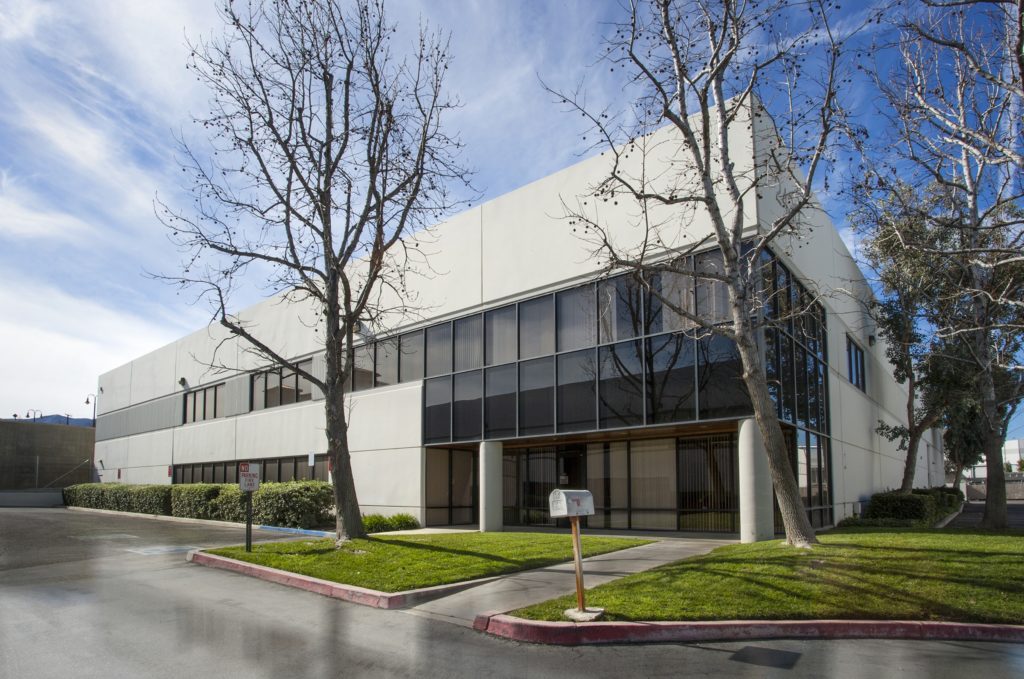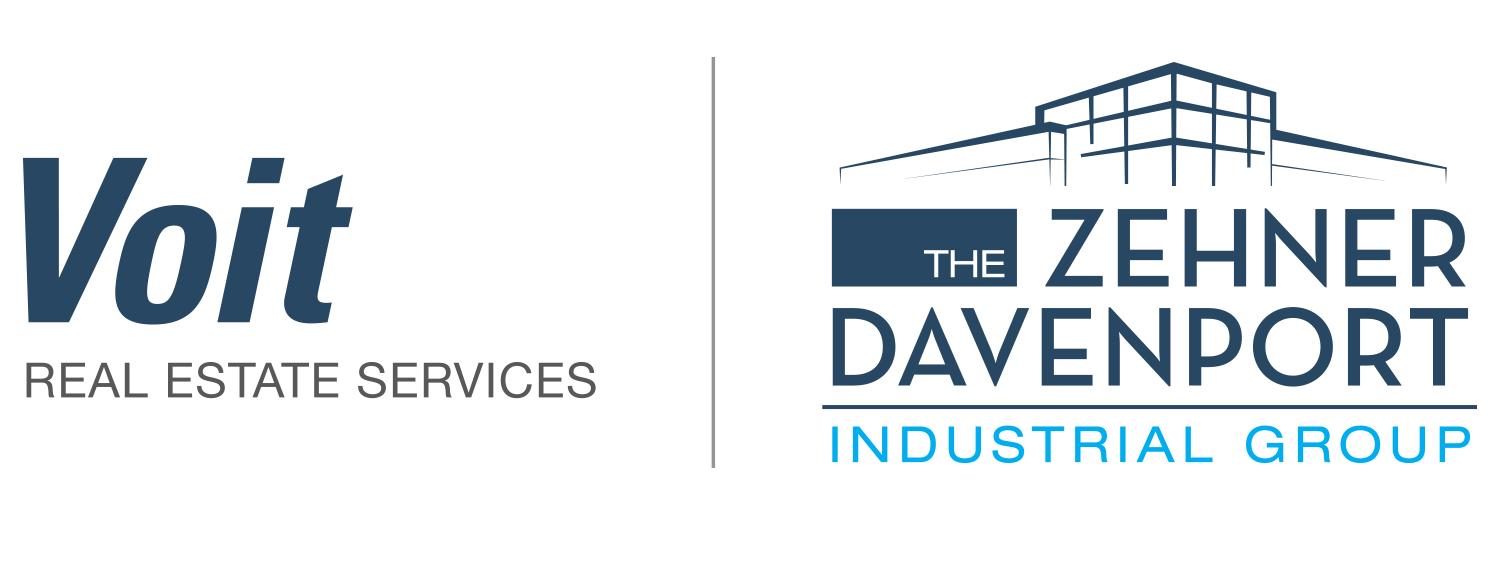A first look at the pros and cons of leasing and owning with the intent of helping you make an informed decision the next time you relocate your business.
The decision to buy or lease a facility for your business can be complex.
The old school answer is that it’s better to own than rent, but there are a variety of factors involved in the decision that may not seem obvious at first glance. The truth is that most businesses lease their space, but over the past 30 years more and more business owners have opted to become so-called owner/users.
Generally speaking, business owners who are unsure about what their space needs are going to be over the longer term, tend to prefer leasing. They like the flexibility of being able to pick up and move when a lease expires on space that no longer supports profitability. The reasons to move come in all shapes and sizes.

Let’s take a look at leasing first.
A new competitor could come on the scene or another closes its doors. Breakthroughs in technology, manufacturing processes or new modes of distribution can transform business models, as well. New business models come and go. One only needs to look at the rise of e-commerce to see why industrial distribution space is being gobbled up at a record pace. In fact, most of the net growth in occupied space nationwide can be attributed to e-commerce sector expansion.
Leasing space also preserves operating capital in most instances. With no down payment required, as is the case of a purchase, more capital is available for fixturization, interior improvements and moving expenses. Depending on market conditions, landlords may even be willing to absorb some of those costs to secure good quality tenants. However, in today’s low vacancy environment, landlords maintain the upper hand in those negotiations.

Once a business owner commits to a lease, he or she has protection against near-term market volatility.
Typically, a lease calls for annual rent increases of approximately 3% even if market rates are rising faster than that, as they have over the past several years. If rates fall by the time the lease expires, then the tenant can either move to another space for less or negotiate a favorable rate on a lease renewal.
Tenants who negotiate fixed rate lease renewal options are protected against rapidly rising rents for the long term. Though, in today’s tight market, savvy landlords are more likely to negotiate renewal rates pursuant to a determination of fair market value.
It is important to note that individual circumstances need to drive the decision to lease or buy. Just because most other business owners decide to lease doesn’t make it the right decision for you. Helping our clients make this very important decision is something we think we do pretty well. Just give us a call.


Leave a Reply
You must be logged in to post a comment.